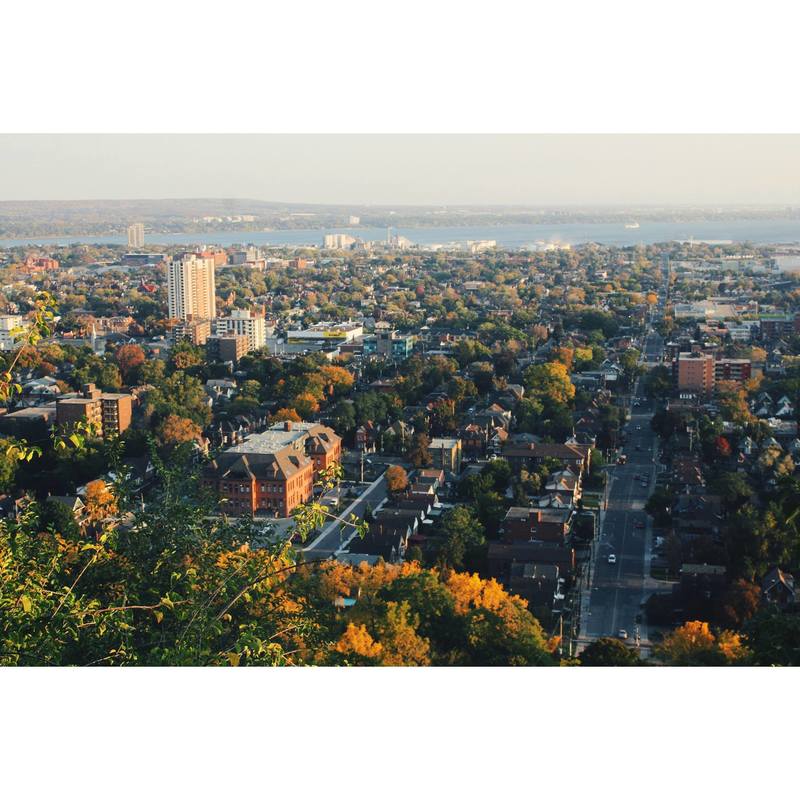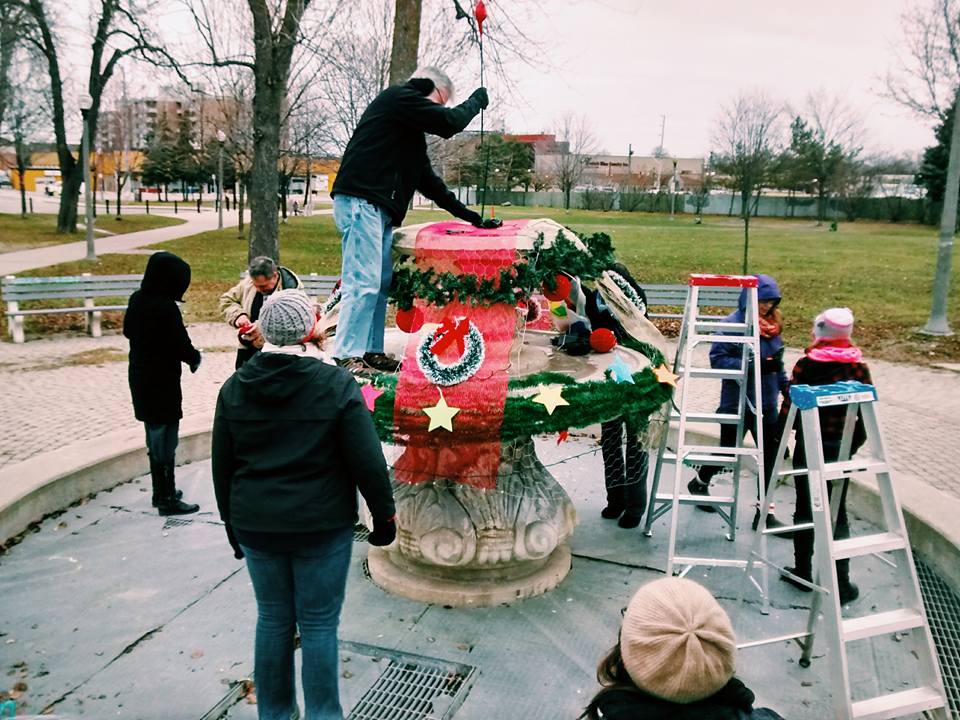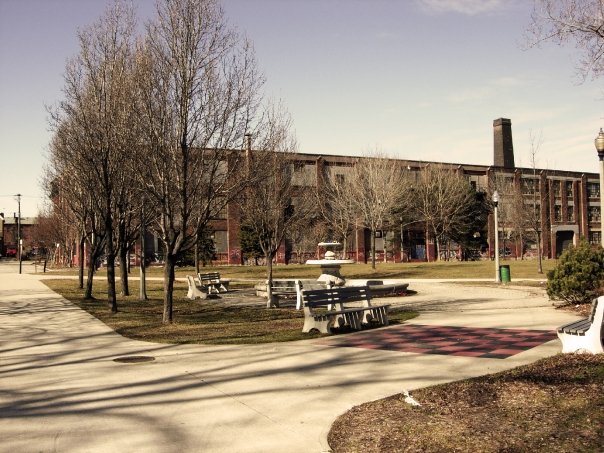That's where I want to start--waves of people. If we want to talk about being a just city, it comes down to each and every one of us--our actions, and our moral responsibilities. The question is simple: Who are we responsible for? Christ teaches us that no, it's not just about our kin, our immediate people, our blood; it’s about how we show hospitality to all who come into our lives, especially those who are invisible to a rapidly gentrifying city like Hamilton.
This simply story permeates our culture and our churches. We refer to people as "lost sheep" when they are wayward from a group. But what does this have to do with being a just city? Amy-Jill Levine, the author of “Short Stories by Jesus,” points out that it isn't the act of taking back in of the sheep that’s most important, but rather the shepherd's act of seeing. It's hard work to notice a single sheep missing in a crowd of one hundred. The shepherd must be so invested in his flock that he notices when one disappears or becomes invisible.
Why does this matter in the context of neighbourhoods? Like I said, change is coming to our cities, change has already come to our cities, and it feels like we can't avoid it. And when this change comes, there are people who will be first in line to be made invisible and kept that way. We all know who those people are. They aren't the one portrayed as young, up and coming professionals that we are building our cities for. They are not the ones whose presence alone makes our cities new. They are the people ground up and left by the wayside as our cities change because we are told their lives don't matter--never did, never will.
I don't need to tell you exactly who fits into this group, but you know, and if you're like me, you also know that the very act of making these people un-invisible is what God calls us to do--a call we hear in the parable of the Shepherd. Doing otherwise risks falling into a perverse logic, asking ourselves questions like: Does the flock collapse at the loss of 1 sheep? No. So we see the lost sheep as acceptable collateral damage. We tell ourselves that it’s just part of the development process. I don’t think Christ saw the invisible people as expendable for the good of a city. In many ways, they are the greater good.
A few years later I was running a coffee shop in downtown Hamilton. There was a woman who would often come in, almost daily. Let’s call her Mary. I didn't know Mary’s entire story, but I felt that she was somewhat street involved, and might not surround herself with best people. She often didn't have money, but that was fine, the coffee shop was part of the salvation army anyways. When she did have money, she often bought coffee for a friend or some of the seniors who were around the coffee shop. Over time she became a regular, and we began to know each other as people often do in cities: you become part of someone's routine, and you find reassurance in that social routine, especially when you know you’re on the same side as someone else.
One day in December Mary came into the coffee shop and asked me if my friend and I were going to do the fountain lights again. I asked: “how do you know about the lights?”. She replied, "that's where I first met you two, you asked me to help with the lights. Nobody asks me to help with things. Thank you for doing that".
Was I trying to be a shepherd in search of a lost sheep when I spoke to this woman all those years ago at the fountain? No, of course not. But at that moment something happened, someone felt less invisible. And when it happened, it mattered, it made someone else feel like they could be part of something just a tiny bit bigger than themselves. And to me, that's how God's kingdom works, in small invisible moments of life.
Our vision for a just city is going to require work, yes, it's going to require planning, yes, but it's also going to happen in those moments of interruption when we glimpse what justice calls us to, even if we don't recognize it until years later. If we want to live in a just city, we need to always be ready, that’s God’s challenge and reminder to us.
And in Jesus name, we pray. Amen.




 RSS Feed
RSS Feed

